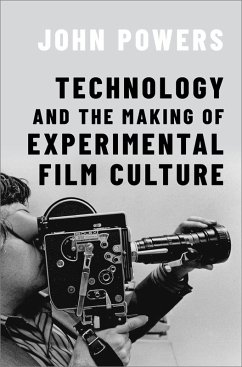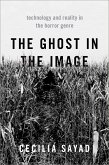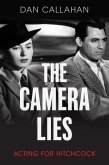The Bolex camera, 16mm reversal film stocks, commercial film laboratories, and low-budget optical printers were the small-gauge media technologies that provided the infrastructure for experimental filmmaking at the height of its cultural impact.
Technology and the Making of Experimental Film Culture examines how the avant-garde embraced these material resources and invested them with meanings and values adjacent to those of semiprofessional film culture. By reasserting the physicality of the body in making time-lapse and kinesthetic sequences with the Bolex, filmmakers conversed with other art forms and integrated broader spheres of humanistic and scientific inquiry into their artistic process. Drawing from the photographic qualities of stocks such as Tri-X and Kodachrome, they discovered pliant metaphors that allowed them to connect their artistic practice to metaphysics, spiritualism, and Hollywood excess. By framing film labs as mystical or adversarial, they cultivated an oppositionality that valorized control over the artistic process. And by using the optical printer as a tool for excavating latent meaning out of found footage, they posited the reworking of images as fundamental to the exploration of personal and cultural identity. Providing a wealth of new detail about the making of canonized avant-garde classics by such luminaries as Carolee Schneemann, Jack Smith, and Stan Brakhage, as well as rediscovering works from overlooked artists such as Chick Strand, Amy Halpern, and Gunvor Nelson,
Technology and the Making of Experimental Film Culture uses technology as a lens for examining the process of making: where ideas come from, how they are put into practice, and how arguments about those ideas foster cultural and artistic commitments and communities.
Dieser Download kann aus rechtlichen Gründen nur mit Rechnungsadresse in A, B, BG, CY, CZ, D, DK, EW, E, FIN, F, GR, HR, H, IRL, I, LT, L, LR, M, NL, PL, P, R, S, SLO, SK ausgeliefert werden.









